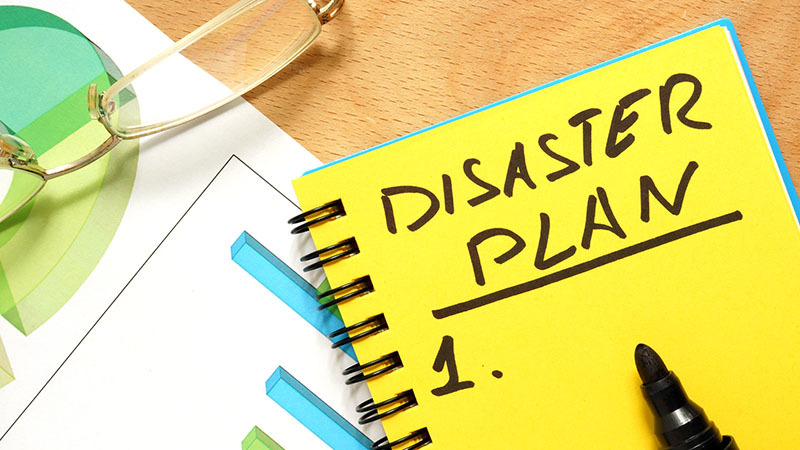You are viewing our site as an Agent, Switch Your View:
Agent | Broker Reset Filters to Default Back to ListRebuilding Your Real Estate Business After a Disaster
November 24 2019
 Would your business survive if a natural disaster hits your city? Hurricanes, earthquakes, tornadoes, floods, and fires can have long-term effects on the real estate market in your city. But that doesn't mean you have to shut down your business. With the right precautions, you can ensure your business survives and put yourself in a position to help your community rebuild.
Would your business survive if a natural disaster hits your city? Hurricanes, earthquakes, tornadoes, floods, and fires can have long-term effects on the real estate market in your city. But that doesn't mean you have to shut down your business. With the right precautions, you can ensure your business survives and put yourself in a position to help your community rebuild.
Where you're located has a big impact on which natural disasters your business is most likely to deal with. Keep your most likely disasters in mind when making your plans, but also be sure to consider what you would do if a less likely disaster were to strike.
Safety first.
Keeping yourself and your family safe should always be your first priority during a natural disaster. Always heed the advice of emergency advisories and never put yourself in a dangerous situation or hinder the efforts of first responders.
Keep digital records.
Keeping digital records will enable you to keep a large portion of your business running even if you can't work from your typical base of operations. Keep digital copies of your office info, insurance policy, bank records, past clients, mailing lists, contracts, and any other paperwork you need to keep your business running.
Spread out your business.
Don't limit yourself to a small geographic area. Build business throughout your city and its surrounding area so that you don't lose all your business to a localized event. This will help ensure you still have business while other parts of the city are in recovery mode and that you have the expertise to help homeowners affected by the disaster to find new homes locally.
Plan ahead.
Power outages are one of the most common problems in the aftermath of a disaster. Be prepared to keep essential business functions running with a generator or solar panels. Many cities, states, and counties offer rebates for homes and businesses that invest in solar power or energy-efficient fixtures, which can lessen the financial strain of getting your business emergency ready.
Make evacuation plans.
An emergency situation may require you to evacuate. Have a plan in place to quickly evacuate your office or home. If you have advance warning before an evacuation, have a premade list of things you'll take with you and steps you and anyone else in the office will take to shut down the business during the emergency.
Reestablish communication.
Rebuilding your business is a process that starts right away. If your natural disaster came with an evacuation warning, people will be wondering what state their home is in. Become a hub of useful information for those staying in the area and those who evacuated. Share information about hard-hit areas and which homes and neighborhoods weathered the disaster. You can also share information about restaurants and hotels that are up and running, locations broadcasting free wifi, and places that have important supplies like bottled water, tarps, and gasoline.
Start again.
For more information on keeping your business running after a natural disaster, tune in to this podcast with California real estate agent Timothy Toye. He shares what happened when his community was hit by a devastating forest fire and how he managed such a difficult situation with grace.
Some communities may take years to rebuild. It's always a hard decision to make, but if you need to, you can start fresh in a new area. Homes.com's City Sponsor ads are a great way to get in front of buyers and sellers in any city so you can start rebuilding your business.
To view the original article, visit the Homes.com blog.









